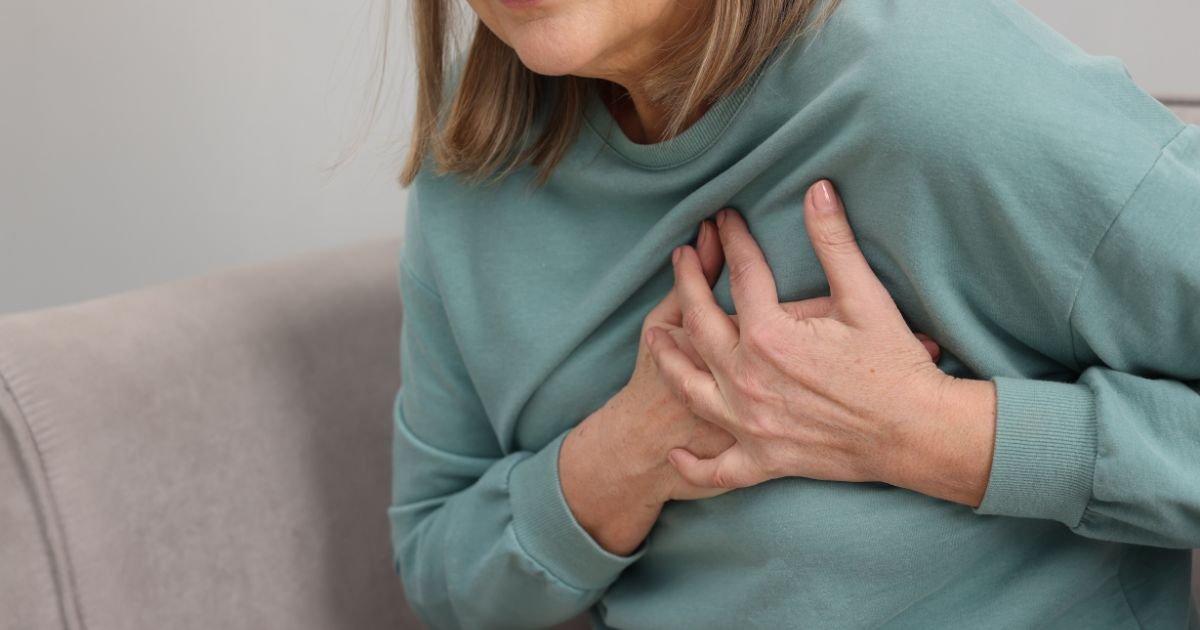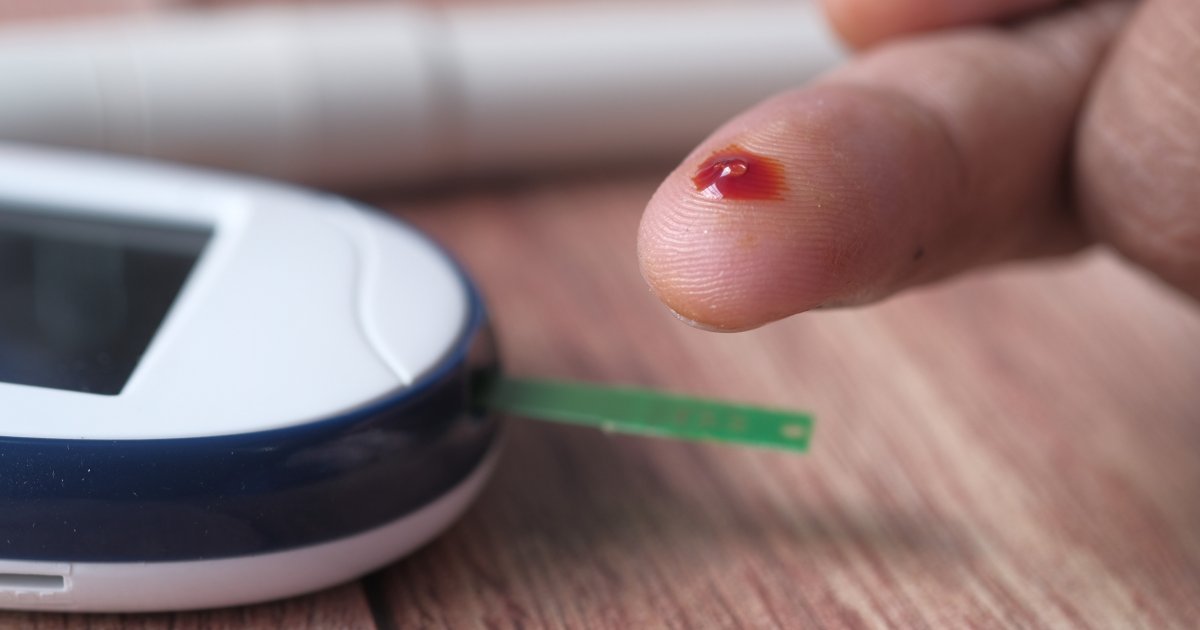Women and the heart is a key issue that often goes unnoticed. Although cardiovascular disease is most often associated with men, it is actually the most common cause of heart disease in women. leading cause of death in women according to the American Heart Association (AHA). Recognizing the symptoms, risks and specific needs of women's cardiovascular health is essential for effective medical care.
Specific risk factors in women
Women share many risk factors with men, such as hypertension, high cholesterol and diabetes, but they also face others linked to hormonal changes and life stages.
Most relevant risk factors
- Menopause and estrogen depletion.
- Polycystic ovary syndrome (PCOS).
- Pregnancy complications (preeclampsia, gestational diabetes).
- Autoimmune diseases (lupus, rheumatoid arthritis).
Fact: The European Society of Cardiology (ESC) highlights that hormonal changes in menopause increase the risk of coronary heart disease by affecting body fat distribution and lipid profile.
Warning symptoms: sometimes different from those of men
In women, the symptoms of a heart attack may be less obvious or different from classic chest pains.
| Frequent symptoms in men | Frequent symptoms in women |
|---|---|
| Severe chest pain or pressure | Mild pain or pressure in the chest, neck, jaw, or back |
| Cold sweat | Nausea or vomiting |
| Difficulty breathing | Unusual fatigue or weakness |
| Dizziness | Dizziness or disorientation |
Prevention strategies adapted to women
Female cardiovascular prevention should consider life stages and hormonal and metabolic needs.
Protective habits
- Maintain regular physical activity adapted to age and condition.
- Control blood pressure, cholesterol and glucose.
- Follow a cardioprotective diet rich in fruits, vegetables and omega-3.
- Avoid smoking and moderate alcohol consumption.
- Manage stress and prioritize rest.
Recommended cardiological evaluations
In Puerto Vallarta, it is possible to have access to preventive check-ups and diagnostic tests that allow early detection of risks.
Suggested checkups according to life stage:
| Stage | Recommended evaluations | Frequency |
|---|---|---|
| 20-39 years | Lipid profile, blood pressure, ECG if there is a history | Every 2-3 years |
| 40-54 years | Lipid profile, ECG, echocardiogram if symptoms are present | Every 1-2 years |
| 55+ years | Lipid profile, echocardiogram, stress test, ABPM, etc. | Annual |
Puerto Vallarta: ideal environment for heart care
Combining specialized medical care with a healthy lifestyle is easier in an environment that offers:
- Warm weather that favors outdoor physical activity.
- Access to preventive cardiology and modern diagnostic tests.
- Healthy eating options at local markets and restaurants.
Frequently asked questions about women and heart
Can young women also have heart disease?
Yes, although the risk increases with age, factors such as smoking, hormonal contraceptives and family history can affect younger women.
Why are heart attack symptoms different in women?
It is due to differences in the response of the nervous system and in the way coronary artery disease progresses in the arteries.
Can pregnancy affect my heart in the long term?
Complications such as preeclampsia and gestational diabetes increase the risk of hypertension and coronary heart disease years later.
How do I know if I need a cardiology evaluation?
If you have chest pain, shortness of breath, unusual fatigue or risk factors, it is advisable to schedule an appointment with a cardiologist.
Schedule your cardiology consultation in Puerto Vallarta to receive an evaluation tailored to your age, history and women's health needs.
Appointment Form
References:
- American Heart Association. Heart Disease in Women.
- European Society of Cardiology. Cardiovascular Disease in Women.
- Mexican Official Standard NOM-037-SSA2-2012, Prevention, diagnosis and treatment of arterial hypertension.
Note: This content is educational and is not a substitute for medical consultation.


